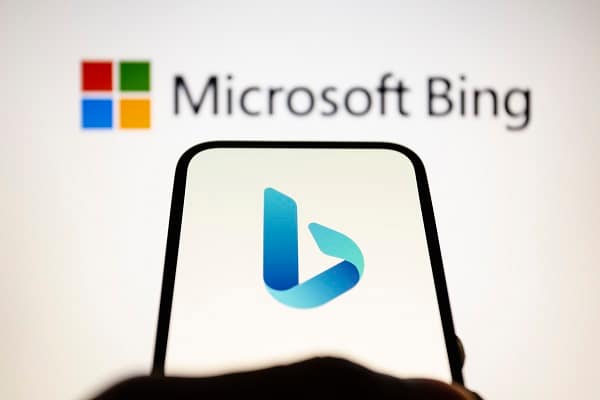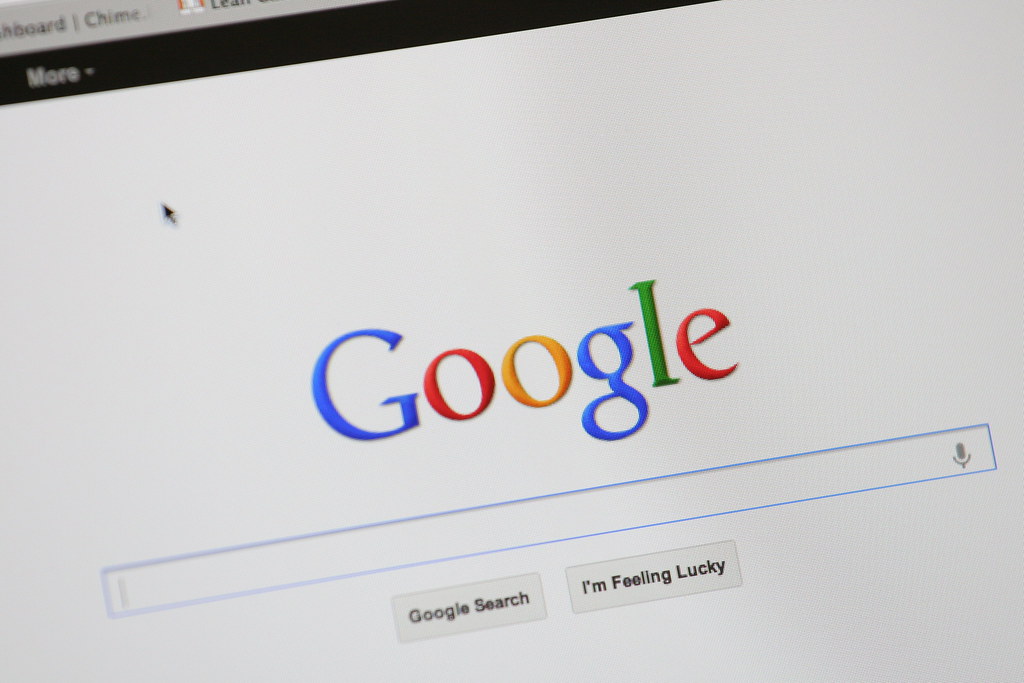For well over a decade, searching the internet has colloquially been known as Googling. So dominant has the market leader become that when we even hear of somebody using another search engine it strikes us as unnatural and odd.
Long past the days of Ask Jeeves and AltaVista, Microsoft’s Bing has been one of the most persistent challengers, and with recent announcements of AI-led searches, Google could be facing its first real challenge in the modern age.
The New Bing
Released on February 8th, Microsoft’s new version of the Bing search engine includes the modern AI chatbot ChatGPT as a core component of its functionality. With this feature, users can bring the ChatGPT back-and-forth system of queries and responses into mass availability.
ChatGPT by itself has been making waves in tech news recently, proving powerful enough to pass lawyer examples, answer complicated questions, complete essays, and even play out hypothetical scenarios based on past statistics.
“Microsoft’s MIX11 Keynote Staging” (CC BY 2.0) by MIXEvent
As the new Bing was released, tech enthusiasts were eager to get their hands on the system, with the Bing app seeing a more than 10x jump in downloads. Though it’s still too early to be weighed in the court of public opinion, observations about ChatGPT by itself have been positive, though the technology is still not entirely accurate.
On a wider scale, this AI could prove a complicating factor in many industries, though misunderstanding about what AI is and what it can do are still common.
AI big and small
As an important part of both the tech world and pop culture, there are many misconceptions about what AI is, and what it can do. Though it’s useful and often impressive, most applications of AI are simple, with the average person experiencing dozens of them throughout the day. This is because AI is basically just shorthand for a machine system that automates normally human decisions through basic criteria.
On the small scale, this could be seen in how technology like how modern wall-mounted soap dispenser units operate. Through AI, these detect if a human hand is present, and if so, produce soap. Beyond this point, more advanced systems can also operate in hybrid mode, using intelligent functionality to switch from automatic to manual mode once batteries run out. This simple implementation helps millions of people, though we tend to overlook these systems as AI-driven.
New systems like ChatGPT work along similar lines, except with many more possible points of input and output. Like soap dispensers, these aren’t really thinking for themselves, they’re just repeating patterns that are built into them. The data used in responses from these systems is collected from human-driven data, and in this way, the systems can be prone to repeating false information or generating errors.
“arsp_064” (CC BY-SA 2.0) by theanthonyryan
In other words, whether looking at Microsoft’s new Bing system or the small daily AI functions, AI is effectively a shorthand to cut corners. Sometimes this can result in accurate and useful results, but the more complicated a system and its input become, the more questionable the output can be. This is why systems like AI search have taken so long, and it’s why users will always need to fact-check results. At least, for shaking up the Google monopoly, the AI move from Microsoft could lead to a new era of search result accuracy and usefulness.








Leave a Comment